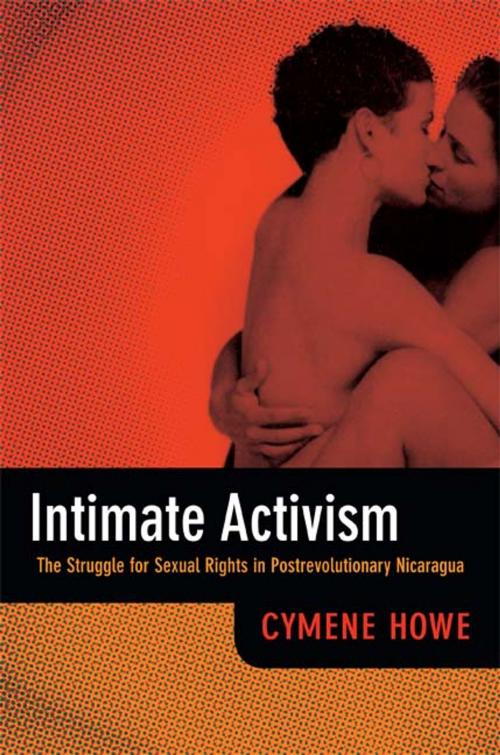Intimate Activism
The Struggle for Sexual Rights in Postrevolutionary Nicaragua
Nonfiction, History, Americas, Central America, Social & Cultural Studies, Social Science, Gender Studies, Gay Studies, Anthropology| Author: | Cymene Howe | ISBN: | 9780822378969 |
| Publisher: | Duke University Press | Publication: | September 9, 2013 |
| Imprint: | Duke University Press Books | Language: | English |
| Author: | Cymene Howe |
| ISBN: | 9780822378969 |
| Publisher: | Duke University Press |
| Publication: | September 9, 2013 |
| Imprint: | Duke University Press Books |
| Language: | English |
Intimate Activism tells the story of Nicaraguan sexual-rights activists who helped to overturn the most repressive antisodomy law in the Americas. The law was passed shortly after the Sandinistas lost power in 1990 and, to the surprise of many, was repealed in 2007. In this vivid ethnography, Cymene Howe analyzes how local activists balanced global discourses regarding human rights and identity politics with the contingencies of daily life in Nicaragua. Though they were initially spurred by the antisodomy measure, activists sought to change not only the law but also culture. Howe emphasizes the different levels of intervention where activism occurs, from mass-media outlets and public protests to meetings of clandestine consciousness-raising groups. She follows the travails of queer characters in a hugely successful telenovela, traces the ideological tensions within the struggle for sexual rights, and conveys the voices of those engaged in "becoming" lesbianas and homosexuales in contemporary Nicaragua.
Intimate Activism tells the story of Nicaraguan sexual-rights activists who helped to overturn the most repressive antisodomy law in the Americas. The law was passed shortly after the Sandinistas lost power in 1990 and, to the surprise of many, was repealed in 2007. In this vivid ethnography, Cymene Howe analyzes how local activists balanced global discourses regarding human rights and identity politics with the contingencies of daily life in Nicaragua. Though they were initially spurred by the antisodomy measure, activists sought to change not only the law but also culture. Howe emphasizes the different levels of intervention where activism occurs, from mass-media outlets and public protests to meetings of clandestine consciousness-raising groups. She follows the travails of queer characters in a hugely successful telenovela, traces the ideological tensions within the struggle for sexual rights, and conveys the voices of those engaged in "becoming" lesbianas and homosexuales in contemporary Nicaragua.















